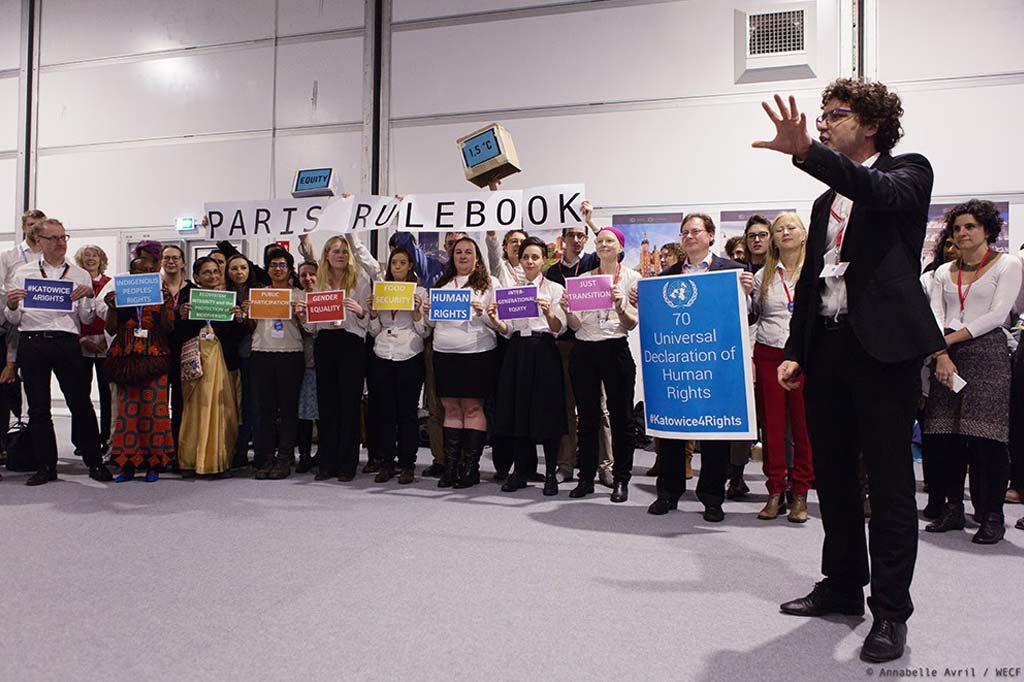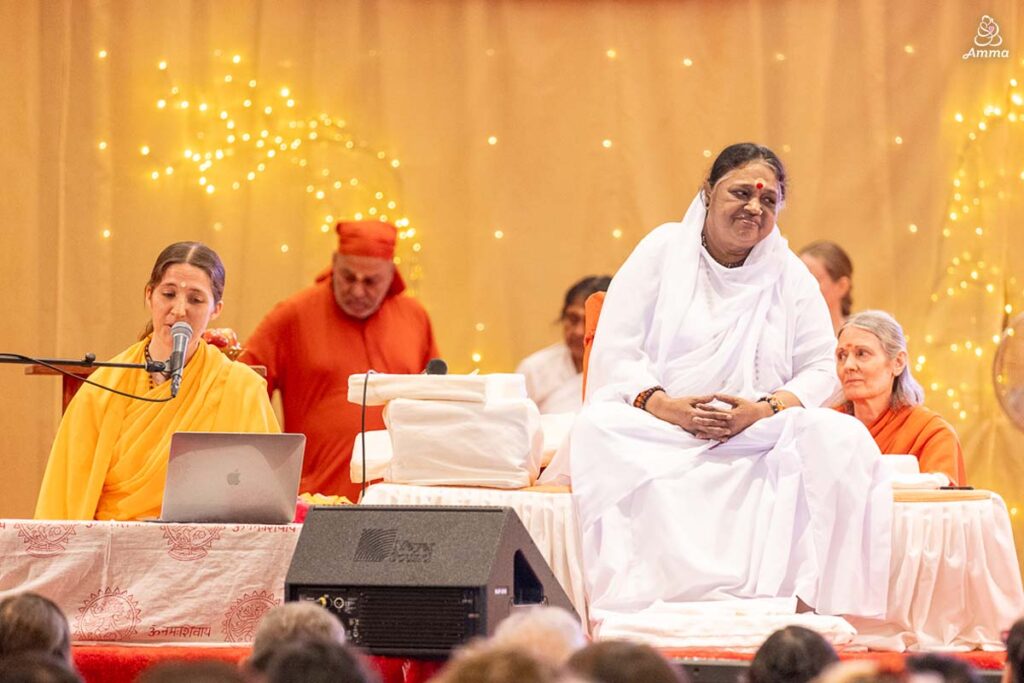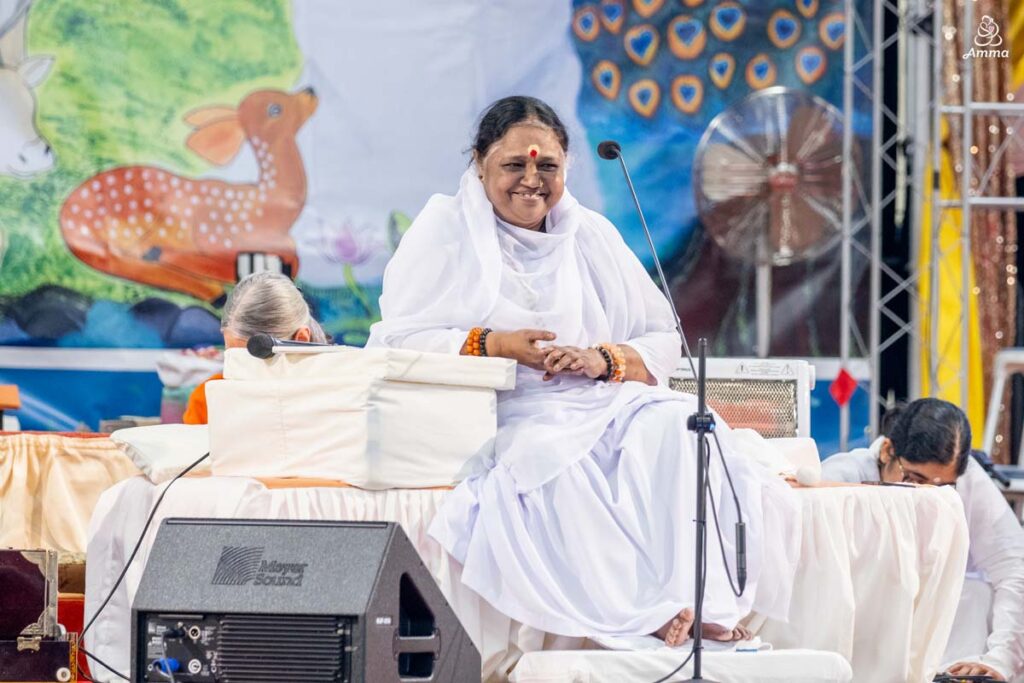The United Nations’ annual Climate Change Conference took place in Katowice, Poland this month. Usha Nair, Vice-President of All India Women’s Conference, discussed how our Saukhyam Reusable Pads project is establishing an alternative to the use of disposable plastic pads–a major global pollutant.
Saukhyam was one of two projects from India lauded at the conference for its innovative and sustainable financing model. The workshop was titled “Climate technologies and up-scaling gender-just climate solutions”. Saukhyam supports self-help groups in rural India as an accessible micro-business for village women.
It is starting to become a well-known fact that disposable plastic pads contribute to a massive problem in waste management. Used plastic pads take about 500 to 800 years to decompose in landfills, while burning them leads to the emission of dangerous furans and dioxins.
However, Nair highlighted another significant factor that is emerging about disposal pads and their impact on the environment. The absorbent material is cellulose fiber, which is derived from cutting down trees. Deforestation is one of the main contributors to climate change.
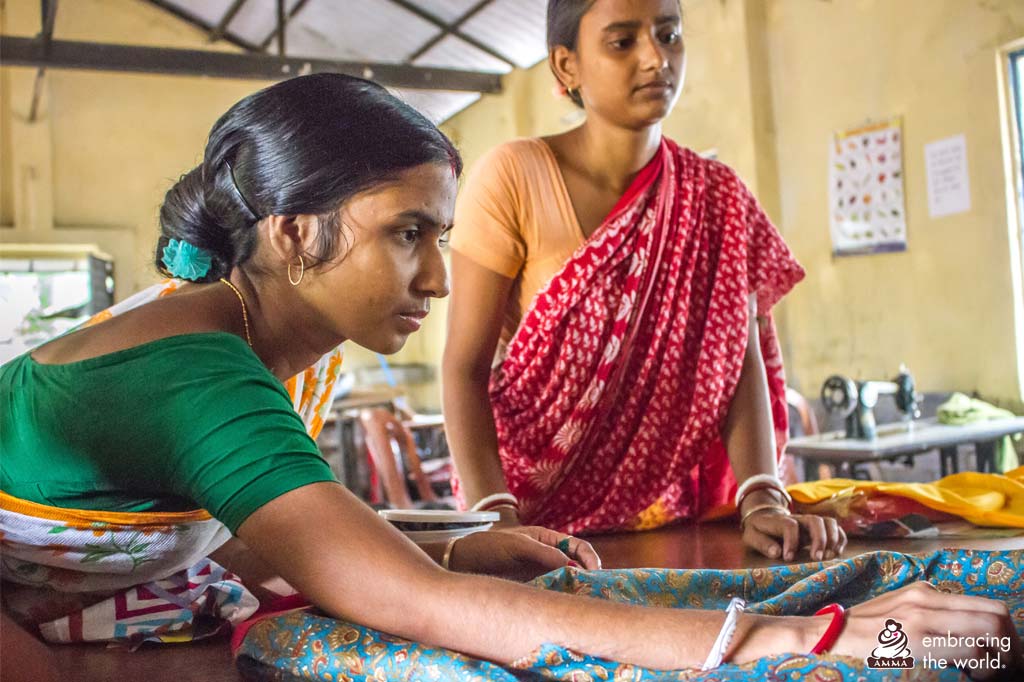
Nair explained how Saukhyam is supporting women’s self-help groups with seed capital and training to manufacture this eco-friendly alternative. The Saukhyam project makes reusable pads from banana fiber and cotton cloth.
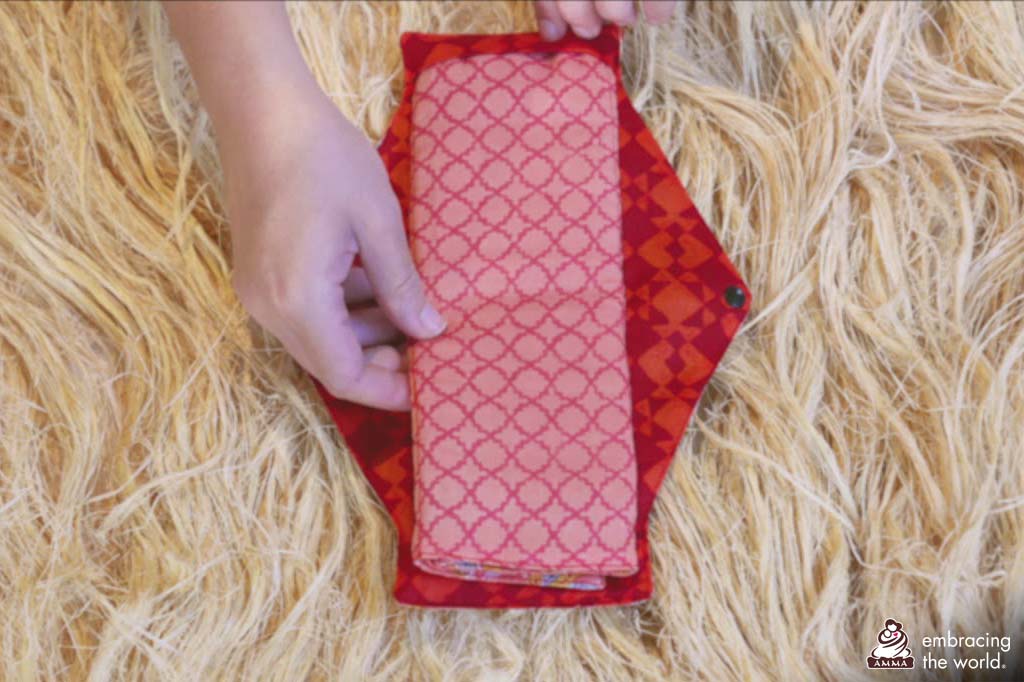
Banana fiber is also a type of cellulose, but with an important difference. The banana tree fruits only once. After that it is cut down and the fiber is extracted from this agricultural waste. In this case, agricultural waste material is put to good use.
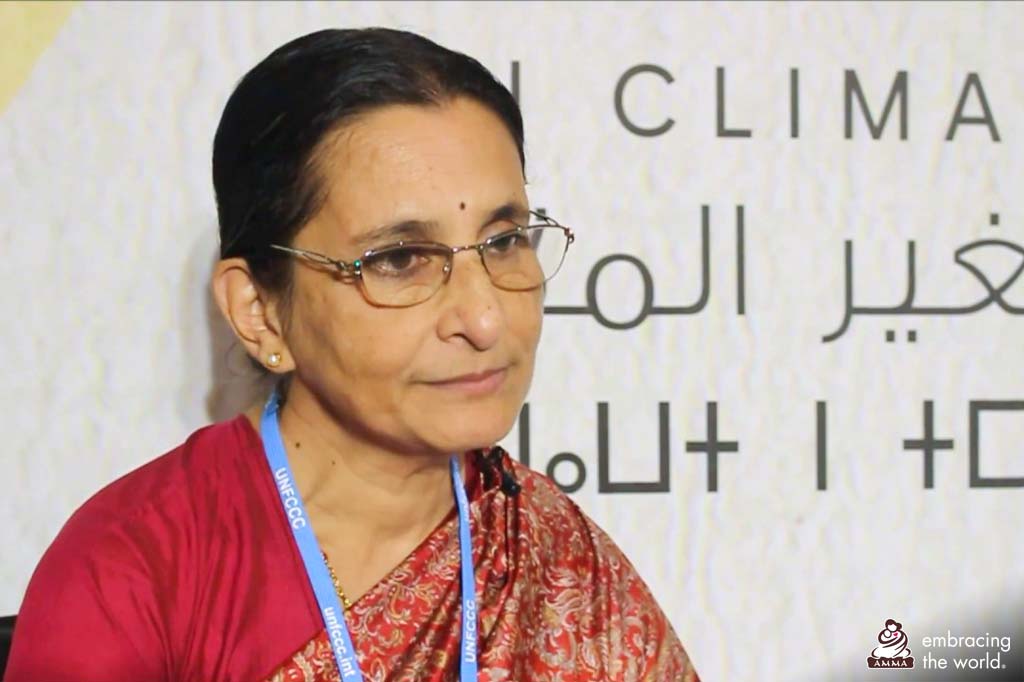
Nair also highlighted how the Saukhyam initiative is now scaling from 2 to 20 production centers in rural India to address the twin problems of waste management and climate change. The pads are not only better for the environment, but also for women’s health because they do not contain harmful chemicals. As well, the reusable pads help save money, since there is no need to purchase the items every month.


